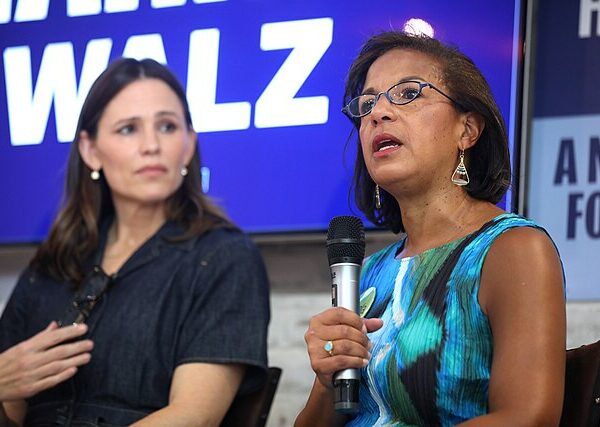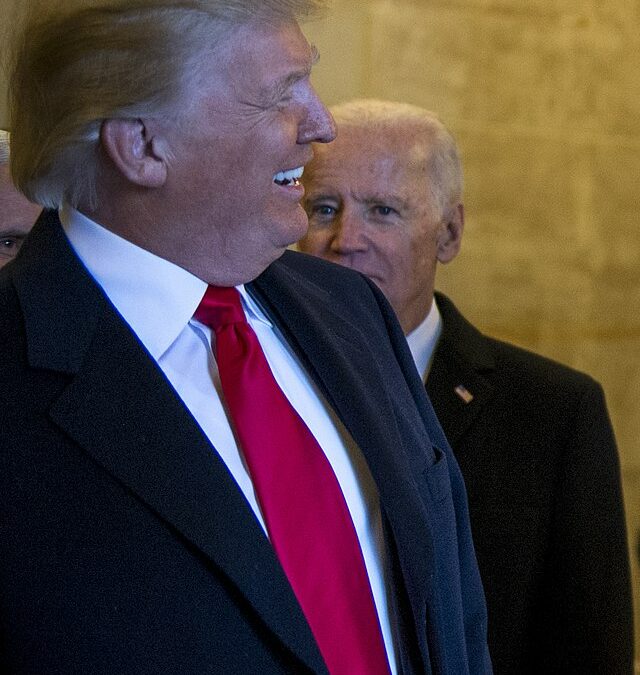
House Republican leaders abruptly canceled a planned vote on the Senate-approved budget resolution late Wednesday, recognizing they lacked the internal support necessary to pass the measure. Speaker Mike Johnson acknowledged that despite several days of intense negotiations, persistent opposition from a group of fiscal conservatives blocked the path forward.
The budget resolution is crucial for initiating the fast-track legislative process needed to advance former President Donald Trump’s policy agenda, which includes major tax cuts and increased defense spending. Its failure highlights deep divisions within the GOP and marks a notable setback for both House leadership and Trump, who had urged Republicans to rally behind the plan.
“We’re going to rework things,” said Rep. Marjorie Taylor Greene, a Republican from Georgia, following a closed-door strategy session with Speaker Johnson and Majority Leader Steve Scalise. Greene mentioned that she had spoken with Trump by phone and relayed his message: “He wants us to get it done,” Politico reported.
The breakdown occurred after hours of last-minute negotiations, during which Republican leaders tried to sway holdouts while floor votes on unrelated matters were postponed. The sticking point remains the size and enforcement of proposed spending cuts. Hardline conservatives are demanding more aggressive reductions than what the Senate version outlines.
Speaker Johnson downplayed the dissent, describing it as the stance of a “small subset” of Republicans. However, with the GOP’s narrow majority in the House, even a few defections were enough to stall the vote, noted The Hill. Still, Johnson remained optimistic: “I’m very hopeful about the outcome of this ‘one big, beautiful bill.’”
To break the impasse, leadership is considering several alternatives. One option includes an amendment from Rep. Lloyd Smucker, a Republican from Pennsylvania, that would mandate dollar-for-dollar spending cuts for any new tax cuts. Another proposal suggests inserting specific spending reductions directly into the legislation.
With Congress heading into a two-week recess, immediate resolution appears unlikely. However, Speaker Johnson left the door open to reconvening early if a deal is reached. “If we have to come back next week, then we’ll do that,” he said.
Some Republicans remain hopeful for a compromise. Rep. Rich McCormick, a Republican from Georgia, who opposes the current resolution, predicted that a “more conservative alternative” might emerge by Thursday.
For the reconciliation process to move forward—allowing legislation to bypass a Senate filibuster and pass with a simple majority—both chambers must approve identical budget resolutions. If the House modifies the Senate’s version, it would trigger another lengthy series of amendments similar to what the Senate already endured.
Senate Republican leaders voiced concerns about this possibility. “No, we can’t do that — another vote-a-rama that drags it on indefinitely,” said Senate Majority Leader John Thune, who had earlier met with House conservatives to find common ground.
While Thune called the meeting productive, he made no commitments regarding the $2 trillion in entitlement cuts some House Republicans are seeking. “I didn’t say anything quite like that,” he clarified to Politico.
Despite the tensions, Senate leaders attempted to project unity. “Republicans in the Senate and House are on the same page — we are all committed to serious and significant savings,” said Senate Republican Conference Chair John Barrasso, a Republican from Wyoming.
Yet skepticism remains. “We just don’t trust the Senate,” explained Rep. Kevin Hern, a Republican from Oklahoma, chair of the House Republican Policy Committee. “They don’t seem serious about controlling the deficit.”
[Read More: DOGE Discovers Biden’s Biggest Scandal]











